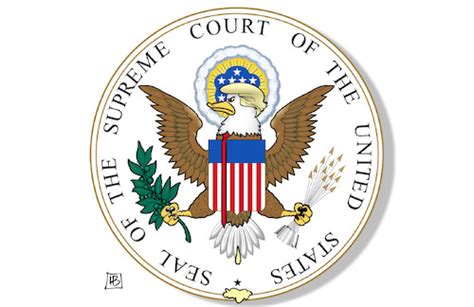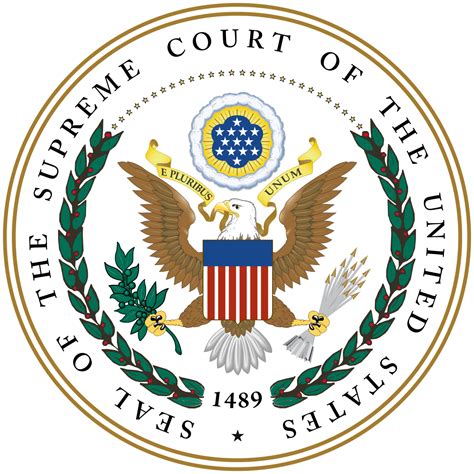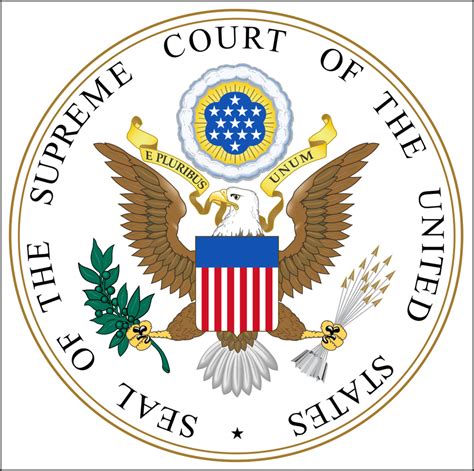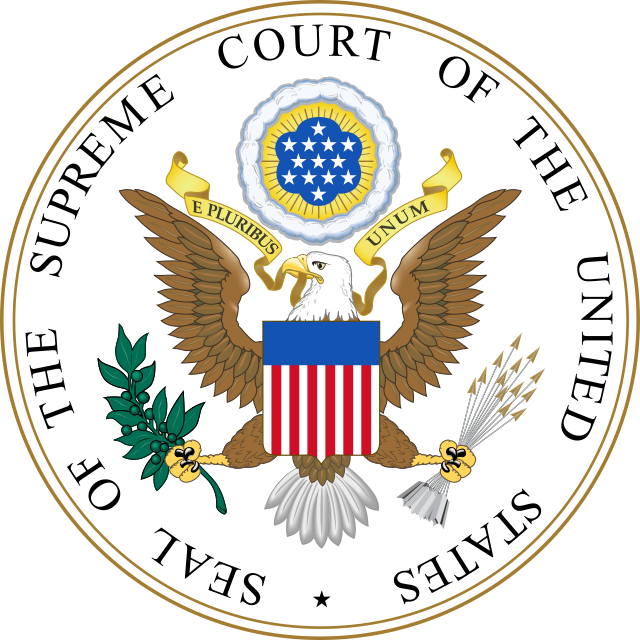The landmark case of Gideon v. Wainwright fundamentally transformed the American legal system by establishing the right to legal representation for defendants unable to afford an attorney. This pivotal 1963 Supreme Court decision underscored the importance of fair trials and equal protection under the law, shaping the landscape of criminal defense and legal protections. Beyond its immediate impact, Gideon v. Wainwright has also influenced family law, reinforcing the importance of legal rights in personal relationships. As we navigate modern legal challenges, understanding this case’s significance offers valuable insights into the ongoing evolution of legal protections. Exploring Gideon’s legacy highlights its enduring role in safeguarding individual rights within relationships and its influence on today’s legal landscape.
Discover the intricacies of this topic with bzcat.xyz
1. Background of Gideon v. Wainwright Case
In 1961, Clarence Earl Gideon faced a felony theft charge in Panama City, Florida. Unable to afford legal representation, he requested the court appoint an attorney for him. However, the court denied his request, citing Florida law, which only provided court-appointed attorneys in capital cases. Forced to defend himself, Gideon was found guilty and sentenced to five years in prison. Undeterred, he hand-wrote a petition to the U.S. Supreme Court, challenging his conviction and arguing that his right to a fair trial, guaranteed by the Constitution, had been violated.
In 1963, the Supreme Court took on Gideon’s case, culminating in the landmark ruling of *Gideon v. Wainwright*. The Court, in a unanimous decision, determined that the Sixth Amendment’s right to counsel is a fundamental right, vital for a fair trial. This right, the Court concluded, applies to the states through the Fourteenth Amendment’s Due Process Clause. This ruling overturned Gideon’s conviction and established a precedent requiring states to provide legal representation to defendants who cannot afford it. This landmark decision cemented the principle that justice should be accessible to all, regardless of their financial circumstances.

2. The Right to Legal Representation
The landmark decision in *Gideon v. Wainwright* firmly established the right to legal representation as a cornerstone of the American justice system. Prior to this ruling, access to legal counsel was inconsistent across the country, frequently leaving impoverished defendants without adequate legal support. The Supreme Court’s judgment in *Gideon* underscored the fundamental importance of legal representation in guaranteeing fair trials and safeguarding the rights of those accused of crimes.
The ruling extended the Sixth Amendment’s guarantee of legal counsel to state courts, requiring state governments to provide attorneys to defendants who lack the financial means to hire their own. This requirement was based on the principle that justice should be impartial, not influenced by financial status, and that competent legal representation is fundamental to a fair trial. By recognizing the critical role of legal counsel, the Supreme Court emphasized the need for a balanced adversarial system where defendants have an equal opportunity to defend themselves against criminal charges. This landmark decision has since become an essential pillar of criminal justice in the United States, guaranteeing that all individuals, regardless of their economic circumstances, have access to legal representation.

3. Impact on Criminal Defense and Legal Protections
The landmark decision of *Gideon v. Wainwright* has had a profound and lasting impact on criminal defense and legal protections. By guaranteeing the right to court-appointed counsel for indigent defendants, this ruling dramatically altered the criminal justice system, ensuring that everyone, regardless of their financial means, receives fair treatment under the law. This decision emphasizes the crucial role of defense attorneys in protecting the rights of defendants and maintaining the integrity of the judicial process.
Following this decision, public defender systems throughout the United States underwent substantial expansion and improvement. States were required to implement systems offering legal aid to individuals lacking the financial means to hire private counsel, thus elevating the overall quality of legal defense accessible to defendants. This transformation not only fostered greater fairness in criminal trials but also bolstered public trust in the justice system.
Furthermore, *Gideon v. Wainwright* established a precedent for later rulings that fortified the rights of defendants. These rulings included the right to effective legal representation and protection against inadequate counsel. This landmark case continues to shape legal standards and policies, guaranteeing the principles of justice and equality in criminal proceedings nationwide.

4. Gideon v. Wainwright’s Effect on Family Law
Although the landmark case of *Gideon v. Wainwright* focused on the right to legal counsel in criminal proceedings, its fundamental principles have had a profound impact on family law. The ruling emphasized the importance of legal representation as a core right, extending this principle to family court proceedings. This underscores the necessity of ensuring fairness and equality in all judicial processes, including those involving family matters.
Family law cases, encompassing matters like child custody, divorce, and domestic violence, often necessitate legal counsel. Inspired by the landmark case of Gideon v. Wainwright, which established the right to counsel in criminal cases, there have been initiatives to provide similar protections in family courts to those who cannot afford representation. Some regions have begun to recognize the right to legal counsel in specific family law cases, particularly those involving core rights like parental custody.
The increasing recognition of the gravity of consequences faced by parties in family law cases, akin to criminal defendants, underscores the need for legal assistance to guarantee fair outcomes. While the right to counsel in family law remains incomplete, the enduring impact of *Gideon v. Wainwright* fuels ongoing advocacy for broader legal protections, striving to ensure justice for all, regardless of their financial means.
5. Modern Implications and Continuing Challenges
Gideon v. Wainwright’s legacy persists in contemporary legal landscapes, illuminating both the strides made and the persistent obstacles in securing fair legal representation. Though the landmark ruling enshrined the right to counsel as a fundamental constitutional right, the execution and quality of public defense services show stark disparities across various jurisdictions, frequently tied to resource availability and financial allocations.
Public defender offices often struggle with overwhelming caseloads, insufficient resources, and limited funding. These challenges can significantly hinder their ability to provide effective legal representation. This raises concerns about whether the promise of *Gideon v. Wainwright*—guaranteeing legal representation for all defendants—is being fully realized in practice. Defendants may not always receive the quality of defense they are legally entitled to, leaving the integrity of our justice system in question.
Furthermore, the principle of guaranteeing legal representation has sparked discussions about extending similar rights to civil cases. These cases can have profound and life-altering consequences for individuals. The “civil Gideon” movement advocates for expanding the right to counsel in cases involving fundamental human needs like housing and child custody. This ongoing debate highlights the persistent struggle for justice and equality within the legal system. As society progresses, the challenge remains to ensure that Gideon’s promise of fair legal representation becomes accessible to all.
6. Gideon’s Legacy in Protecting Individual Rights in Relationships
The influence of Gideon v. Wainwright extends beyond criminal law, shaping the broader understanding of individual rights and protections across legal areas, including family and relationship law. Gideon’s landmark ruling, affirming the critical importance of legal representation, has underscored the fundamental right to access justice for all, regardless of financial means.
The principles established by Gideon, within the realm of family law and relationships, continue to inspire efforts to ensure access to competent legal counsel for individuals facing significant legal challenges. These efforts are particularly critical in cases involving divorce, child custody, and domestic violence, where the outcomes can have profound impacts on personal relationships and family dynamics.
Gideon’s legacy serves as a guiding force in the ongoing push for expanded legal protections in civil matters. The case underscores the vital importance of legal support for individuals navigating the complex legal system and safeguarding their rights. By highlighting the need for accessible justice, Gideon’s legacy reinforces the belief that everyone deserves legal representation, regardless of their means. This enduring principle continues to influence efforts to achieve fairness and equality in legal proceedings impacting personal and family relationships.
Gideon v. Wainwright remains a cornerstone of American legal rights, emphasizing the crucial role of legal representation in ensuring justice. Its impact extends beyond criminal defense to influence family law and broader legal protections. As we address ongoing challenges and advocate for expanded rights, Gideon’s legacy continues to champion fairness and equality in the legal system.
bzcat.xyz
